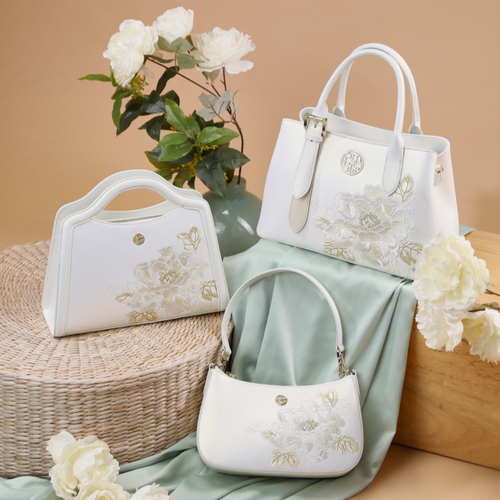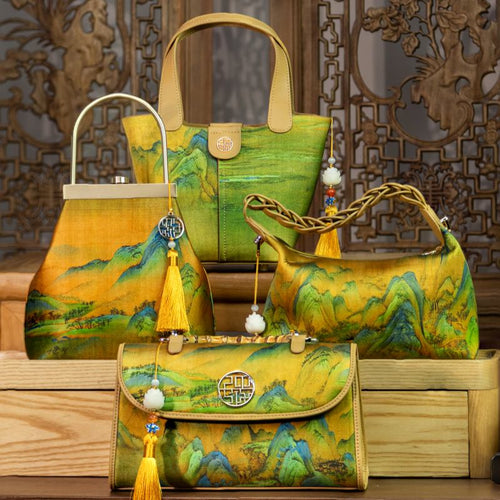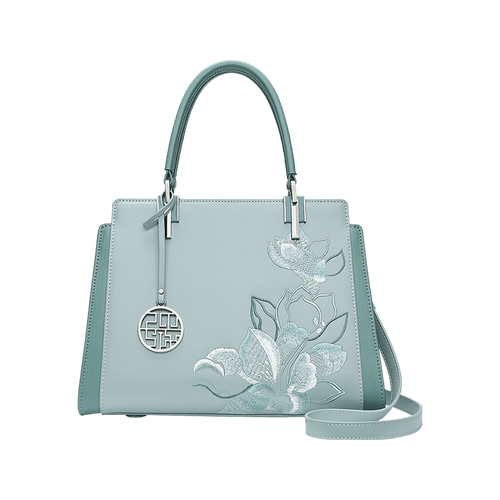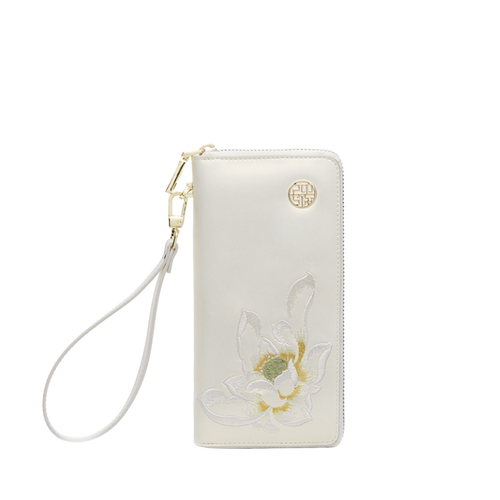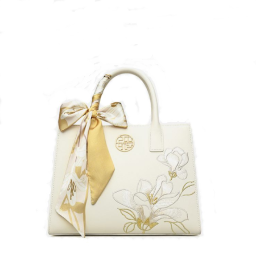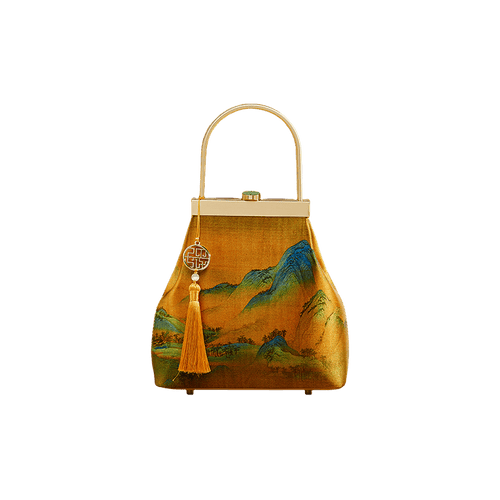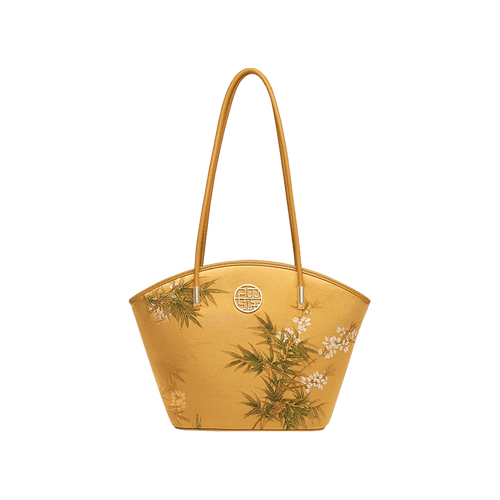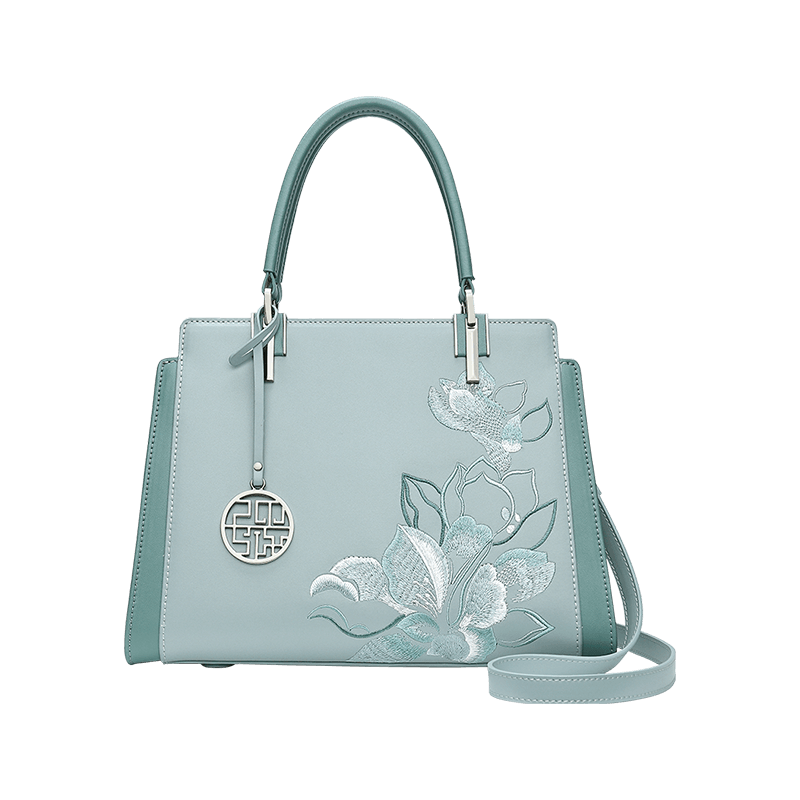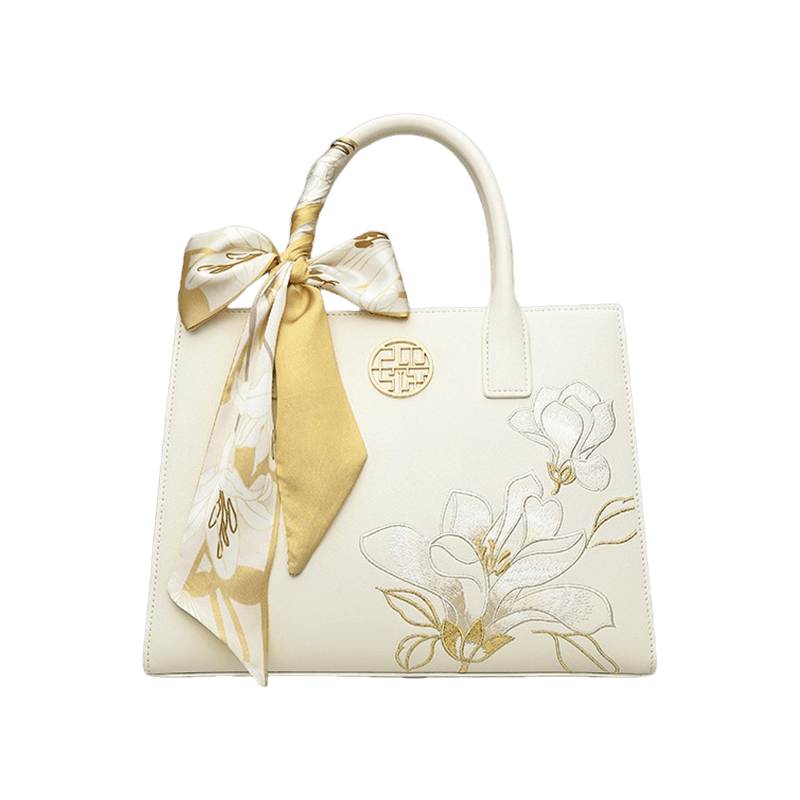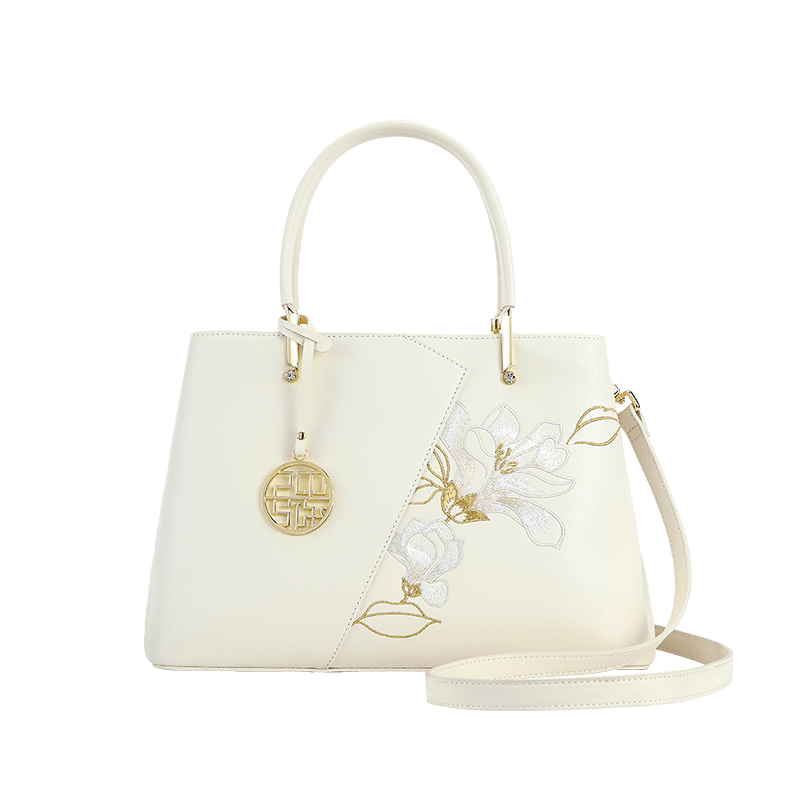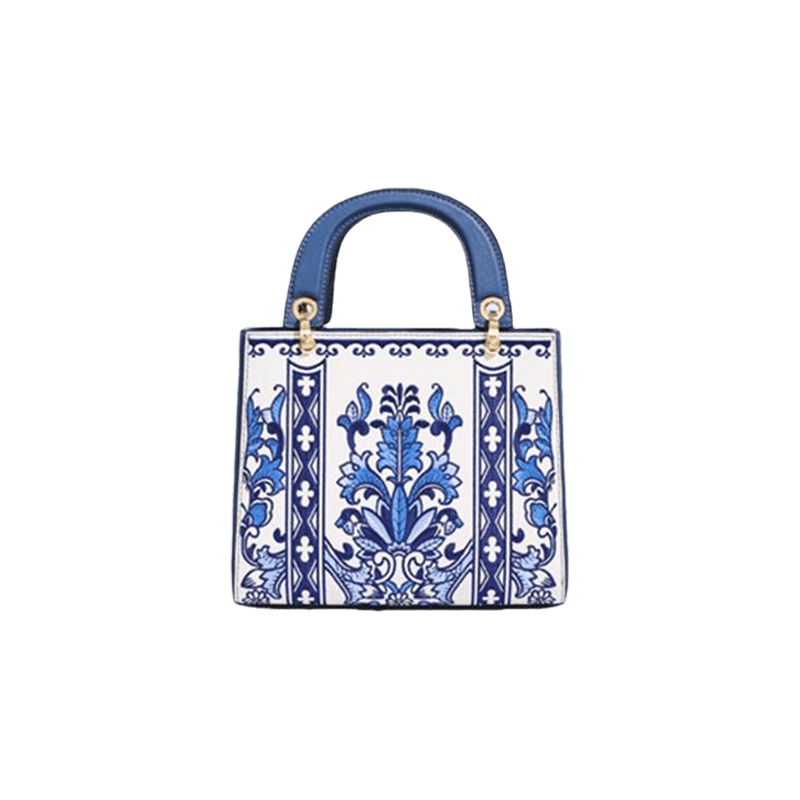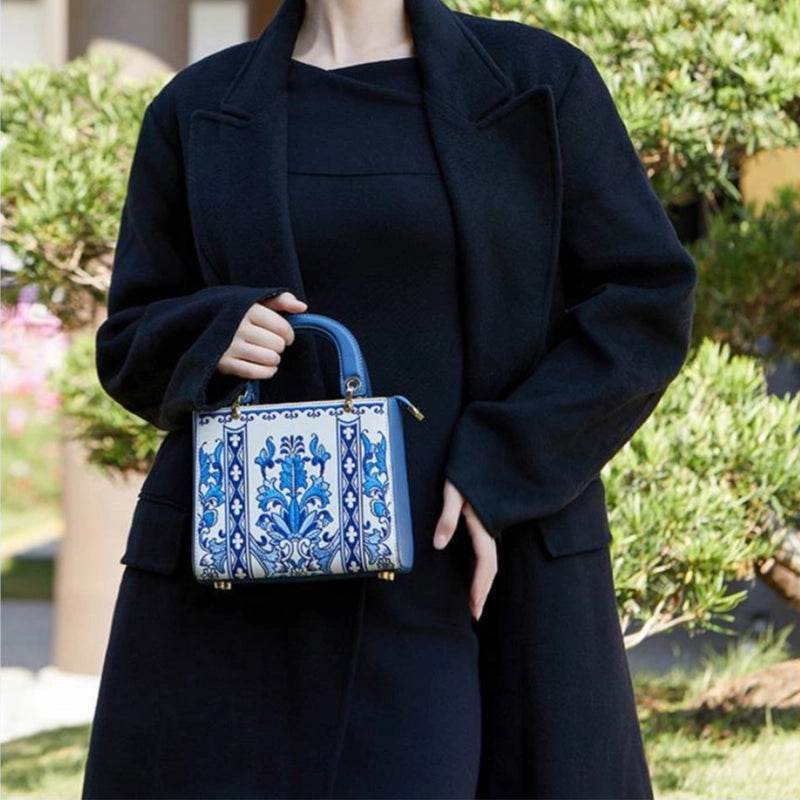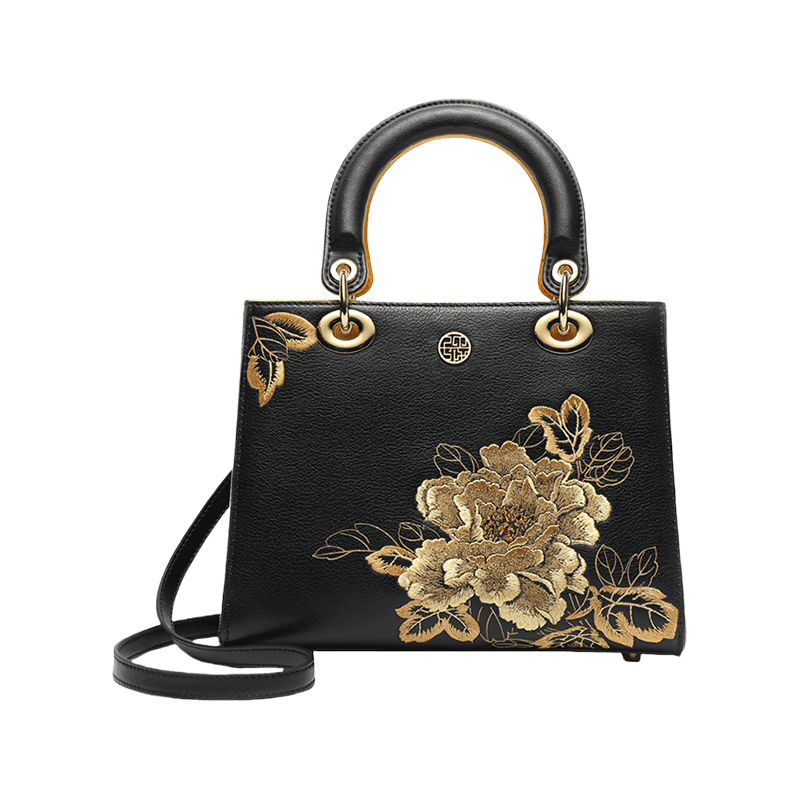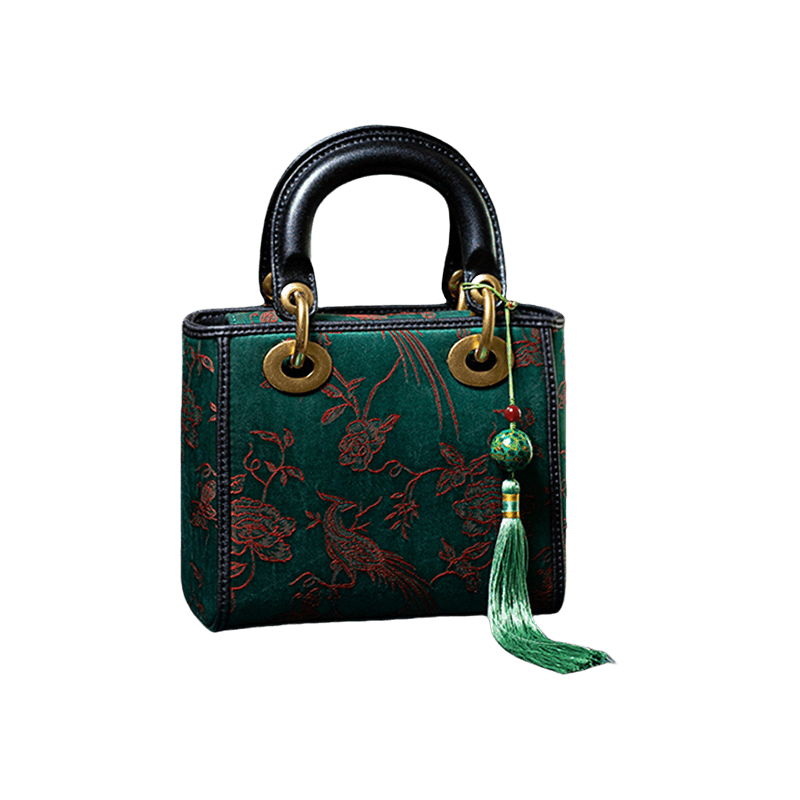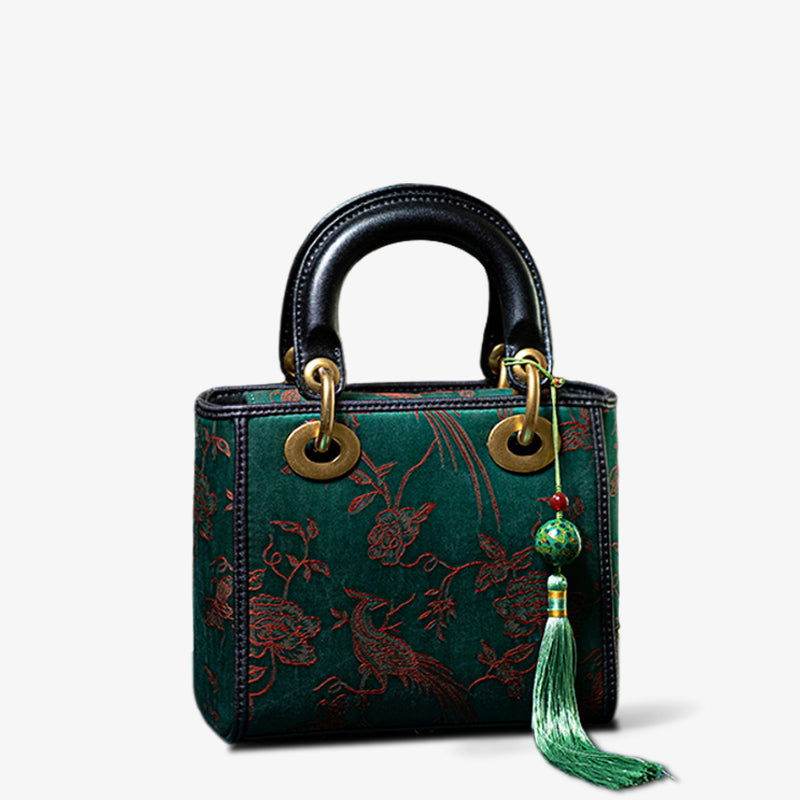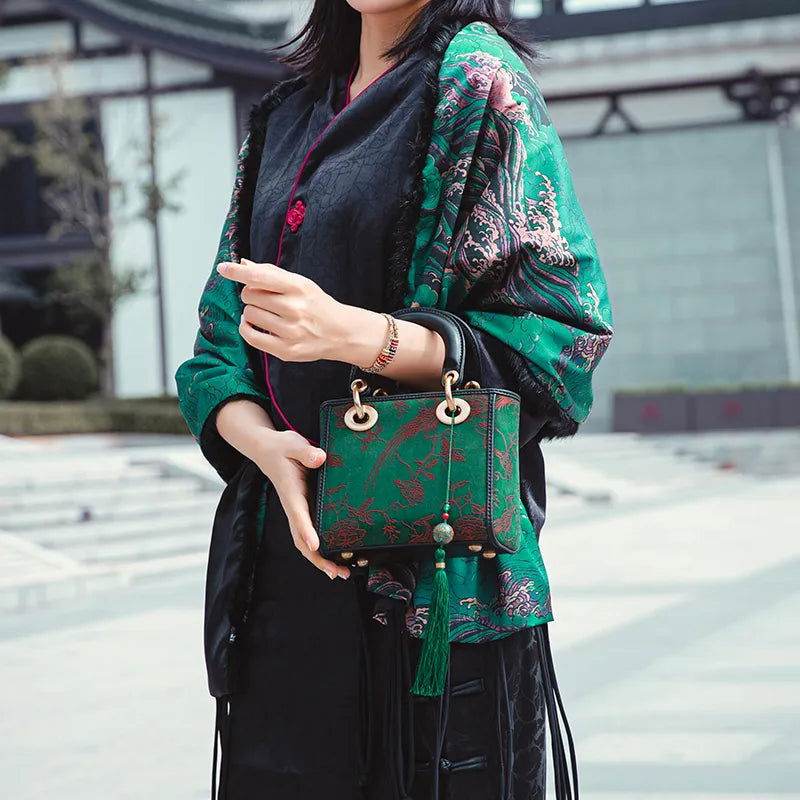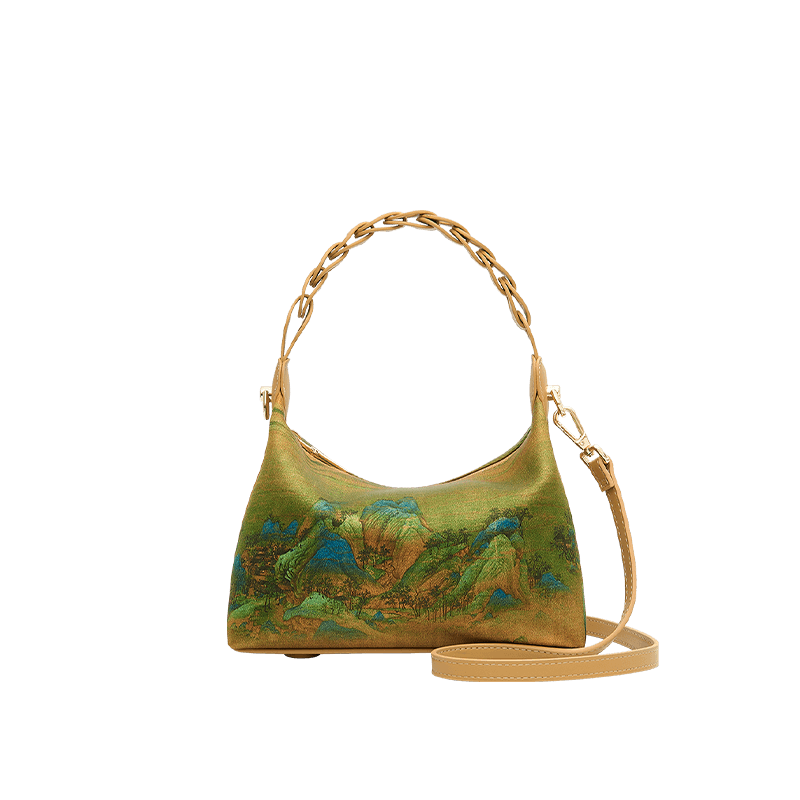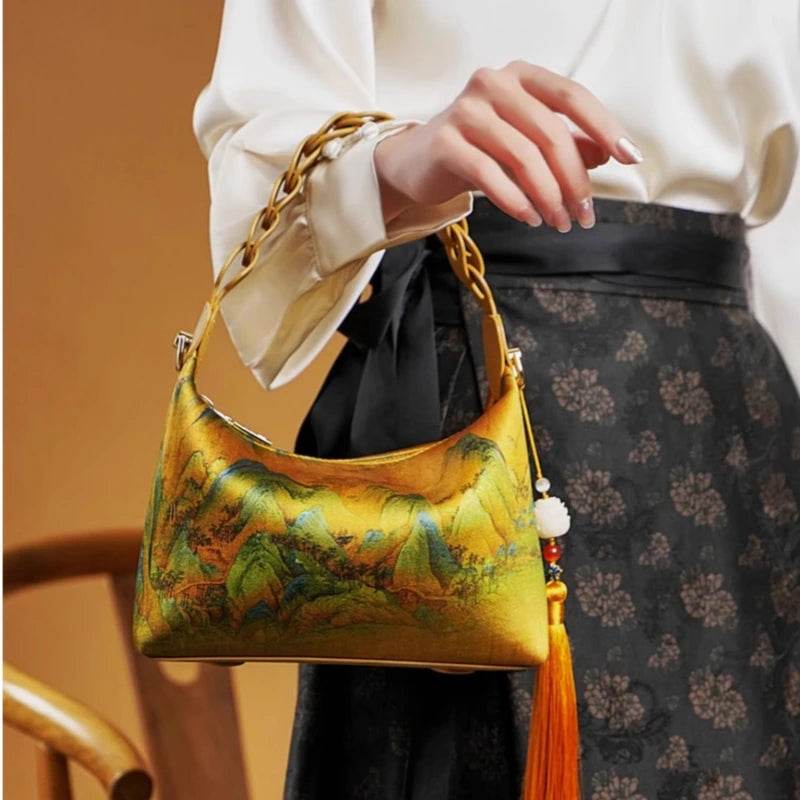Chinese Tea, an ancient and traditional beverage, embodies profound cultural heritage. Originating in nature, it permeates the essence of the natural world. Taking a moment to lift the teapot can bring serenity to the soul. In the world of tea, discover inner tranquility and savor life's ups and downs. On the evening of November 29, 2022, China's application for "Traditional Chinese Tea-making Techniques and Associated Customs" was officially inscribed on UNESCO's Representative List of the Intangible Cultural Heritage of Humanity.
On September 17, 2023, the "Puer Jimaishan Ancient Tea Forest Cultural Landscape" was included in the World Heritage List, making it the world's first tea-themed cultural heritage site. The value and significance of tea culture continue to shine brightly. Today, it is crucial for the younger generation to awaken to the inheritance of traditional Chinese culture, especially the profound tea culture.
Books about Chinese tea culture:
- "The Classic of Tea" by Lu Yu: Detailed insights into the planting, processing, brewing, and the essence of tea and tea ceremony, regarded as the sacred scripture of teaism.
- "Da Guan Cha Lun" by Emperor Huizong of Song Dynasty: Explores the origin, development, and societal significance of tea culture from a cultural and historical perspective.
- "Cha Lu" by Cai Xiang: A dedicated work on tea culture, covering various aspects such as types of tea, the making of tea utensils, and the art of tea brewing.
Historical customs related to Chinese tea:
- Tea Art Performances: Masters showcase the art of tea brewing through meticulous techniques and unique movements.
- Tea Gatherings: Social activities centered around tea, often held in exquisite tea rooms or gardens among ancient literati and scholars.
- Tea Poetry and Songs: Literary expressions with tea as the main theme, widely shared among ancient scholars.
- Tea Competitions: Events where tea masters showcase their skills in a competitive setting.
Traditional tea-making process:
- Picking
- Withering
- Fixation
- Rolling
- Fermentation
- Drying
- Grading and Packaging The actual tea-making process varies based on the type of tea, its origin, and specific production methods.
Understanding and passing on:
- Rich history of tea: Acknowledge tea as the "Great Drink in the World" since ancient times.
- Aesthetic value of tea: Appreciate its unique aroma, flavor, and color, experiencing the wonderful harmony between humans and nature.
- Modern inheritance of traditional culture: Embrace the wisdom and virtues of traditional culture. Learning and passing on tea culture allows the soul to experience tranquility and freedom, infusing life with deeper meaning and richness.
